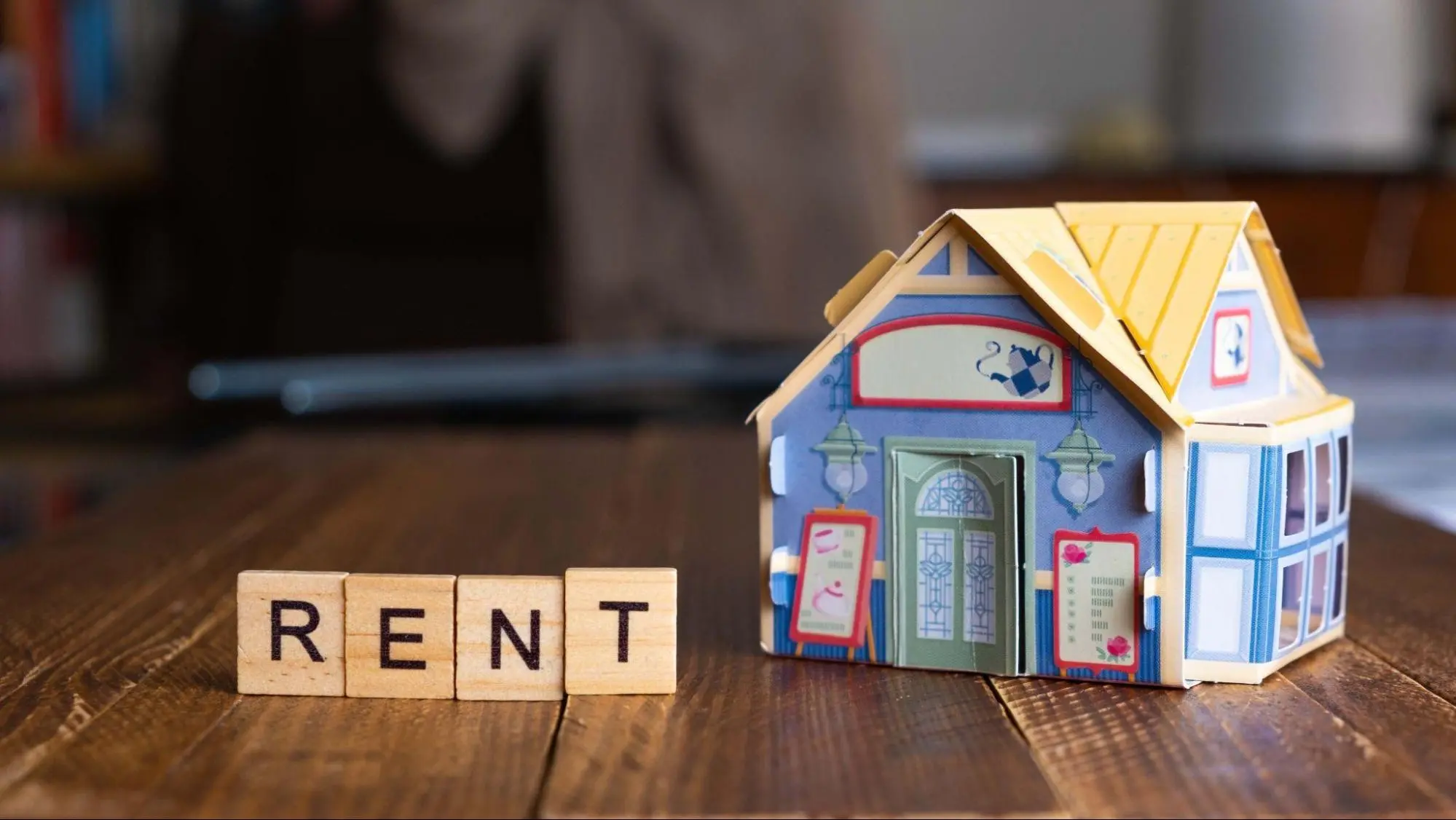Starting a rental property business can be a challenging yet rewarding venture. In this guide, we will discuss key steps to take when starting a rental property business from scratch. With careful planning, a solid understanding of the property market, good financial management, and the right property selection, you can build a successful and sustainable rental property business.
Also Read: Apply for a Loan Through BFI Finance Now!
1. Knowledge and Planning
1.1 Understanding the Property Market
The crucial first step before starting a rental property business is to gain a deep understanding of the property market. Study market trends, property prices, and consumer demand. This analysis will help you determine the most profitable locations for your rental investments. Make sure to understand local market characteristics, such as preferred property types and other factors that can influence property value.
1.2 Business Plan Development
Creating a comprehensive business plan is crucial. The business plan will serve as your guide and help identify business goals, target markets, marketing strategies, and financial projections. Include risk analysis, differentiation strategies, and long-term business development plans. A well-crafted business plan not only aids in the startup phase but also serves as a management tool for the future.
1.3 Proximity to Offices or Campuses
Location selection is a key factor in the success of a rental property business. Consider choosing a location near offices or campuses, as this can attract potential tenants working or studying in the area. Accessibility, public amenities, and the potential for regional growth should be primary considerations.
1.4 Good Financial Management
Sound financial management is the foundation of business success. Plan your budget carefully, record all expenses and income, and conduct regular evaluations. By maintaining good financial control, you can identify areas for improvement and ensure the sustainability of your business. Consider using financial software or hiring a financial consultant to help monitor and manage finances more efficiently.
1.5 Regular Evaluations
Regular evaluations are key to continuously improving your business. Review business performance, business plans, and marketing strategies. If there are areas that need improvement, make the necessary changes. Engaging with customers and listening to their feedback can also provide valuable insights for business improvement.
2. Funding
2.1 Personal Funds
Using personal funds as initial capital is a common first step for entrepreneurs. Personal savings, sellable assets, or emergency funds can be directed towards your rental property business. While providing full control over the business, using personal funds also involves taking personal financial risks. Therefore, before allocating funds, carefully plan finances and consider alternative funding options to reduce personal risk.
Also Read: With Only IDR 50,000, Here Are Businesses You Can Try!
2.2 Bank Loans or Personal Credit
Another common option is to apply for loans from banks or financial institutions. Beforehand, understand all the requirements and risks associated with these loans. Plan loan repayments carefully, ensuring that the financial burden from loan installments can be managed by the business cash flow. This helps prevent excessive financial problems and maintains your business's liquidity.
2.3 Secured Loans
If you have assets that can be used as collateral, such as land or property, secured loans can be a beneficial option. These loans typically offer lower interest rates and better terms. However, carefully consider the risks associated with using assets as collateral, including the potential loss of assets if you cannot meet payment obligations. Make sure you understand and meet the terms of your loan to minimize financial obstacles and protect your collateral assets.
2.4 Investors or Business Partners
Seeking investors or business partners is a funding strategy that can help you secure capital while sharing risks and ownership of the business. Choose partners or investors who not only provide capital but also share a vision and values aligned with your business. Draft clear and thorough business agreements to avoid potential conflicts in the future. Collaborating with individuals with additional experience and expertise can bring additional benefits to the growth of your business.
3. Property Selection
3.1 Align with Available Land Area
When choosing properties for your rental business, carefully consider the available land area. Align the property type with the land size to optimize its use. For example, larger properties may be suitable for renting out large houses or apartments, while smaller plots may be more suitable for townhouses or single-story rentals. Involving an architect or property consultant can help plan for maximum space utilization.
Also, consider future development plans. Selecting properties in areas with potential for increased value growth can provide long-term advantages. Study regional development plans and population growth estimates for a better understanding of your property investment potential.
3.2 Licensing and Legal Preparation
After finding suitable properties, the next step is to ensure legal readiness. Understand all the permits required for your rental business. Certain permits from local authorities may be necessary before you can lease the property. Prepare clear lease contracts with the assistance of a legal professional. A good contract not only protects your rights as the owner but also provides clarity to tenants regarding their rights and responsibilities.
Ensure compliance with all local rules and regulations related to the rental property business. This includes zoning regulations, safety standards, and environmental requirements. By ensuring legal readiness, you can avoid potential issues in the future.
Also Read: Success in Opening an Auto Repair Shop: Capital Estimation, Opportunities, and Tips and Tricks
3.3 Renovation and Property Maintenance
Before marketing the property to potential tenants, ensure necessary renovations and general property maintenance are completed. A clean, well-maintained, and updated property has greater appeal to potential tenants. Pay attention to security aspects, such as security systems or lighting around the property, to enhance tenant safety.
Renovations may also involve improving facilities, such as updating the kitchen, maintaining clean bathrooms, or adding features that enhance comfort, such as air conditioning or room heaters. With smart investments in renovations, you can increase the property's value and competitiveness in the rental market.
3.4 Property Insurance
Securing property insurance is a wise step to protect your investment. Property insurance can provide protection against various risks, including property damage, fire, or even damage caused by tenants. Consult with an insurance company to choose an insurance package that suits your property needs. Financial security through property insurance provides peace of mind and safeguards you from potential significant losses in the future.
Starting a rental property business from scratch requires a combination of knowledge, planning, and effective execution. By understanding the property market, efficient financial management, and selecting the right properties, you can minimize risks and enhance the chances of success. Stay connected with property market trends, monitor your business performance, and always adapt to changes in the business environment. With these steps, you can guide your rental property business towards sustainable growth.
BFI Finance is a company that provides multi-purpose loans with guarantees for motorbike bpkb, car bpkb, and house or shophouse certificates






